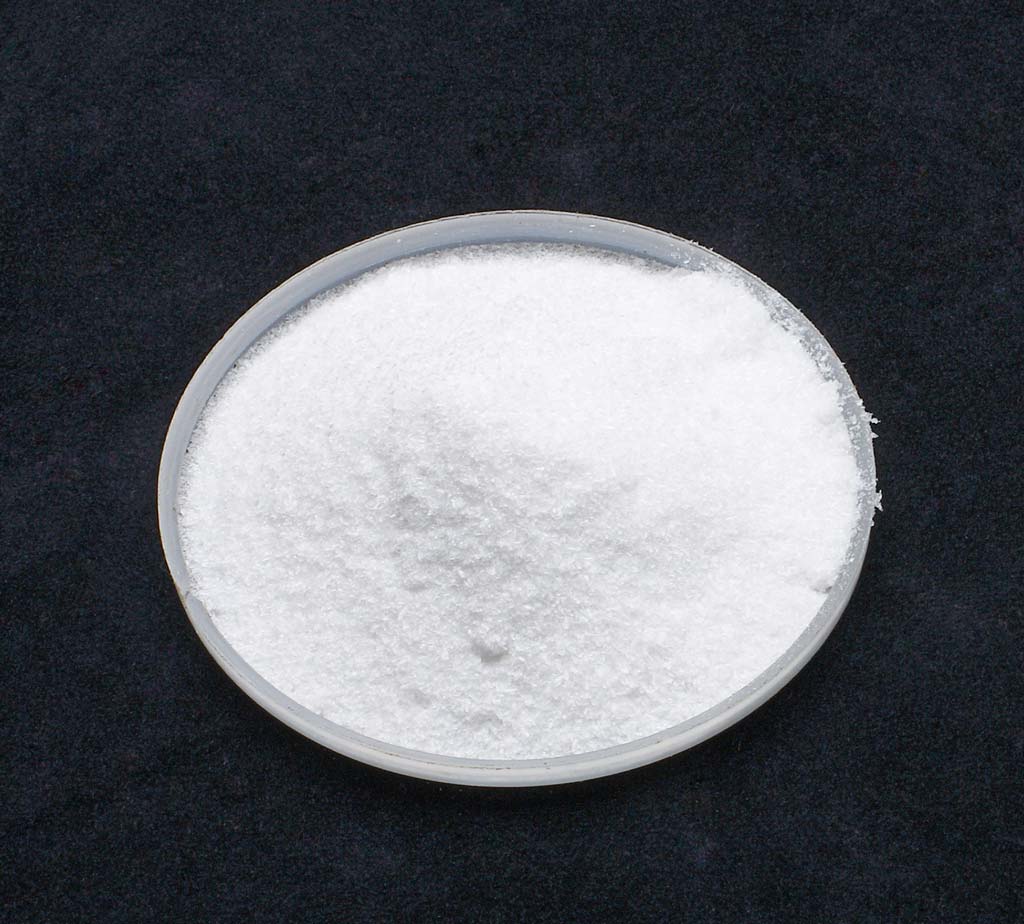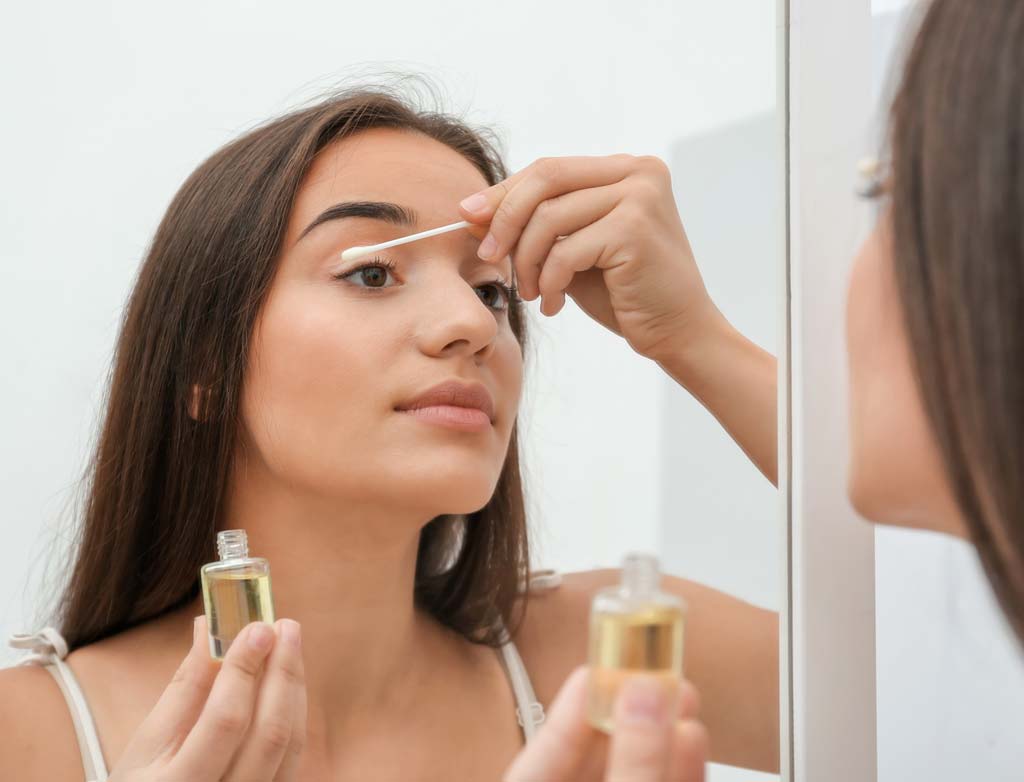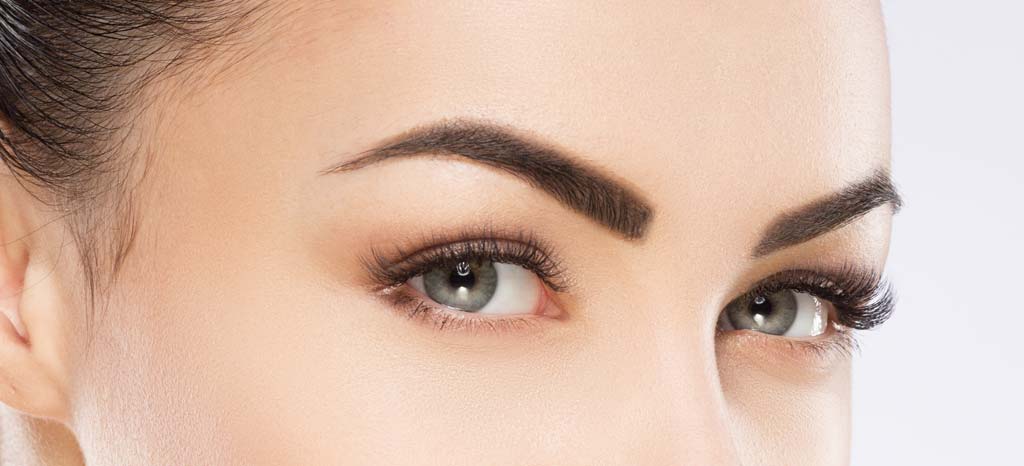What Is Borax?
There was a time when borax was a conventional household item, an accepted and effective cleaning product, a disinfectant and a whitening agent that was used to kill ants, fleas and fungus. But recent studies have questioned the safety of borax and its authenticity is under review. Boron is a valuable trace metal derived from foods and soils, is quite poisonous in excess and often used to make herbicides. It is a metal element which does not occur in pure form naturally on earth. Borax is an important boron compound but non-toxic in nature. Borax, also referred as sodium borate, sodium tetraborate or disodium tetraborate is basically a mineral and salt of boric acid that is extracted directly from the ground. Often confused with boric acid, borax is an important element of numerous insecticides, cleaners, makeup products, and enamel glazes. Though borax and boric acid are two associated boron compounds, the latter is formed by reacting borax with another acid like sulphuric or hydrochloric acid. The aqueous solution of borax is alkaline in nature and the borax that is available for commercial purpose, is partially dehydrated.
How To Use Borax Safely?
Using borax demands to take few safeguards as it can lead to allergic reactions if used carelessly. Be it for household cleaning or deodorising, always ensure you remember to maintain caution while handling borax. The new trend of adding borax to make slime has caused worldwide concern as it can cause eye, nose and respiratory tract irritation. Let us check what ways guarantee the safe use of borax.- Never swallow borax as it can cause gastric upset and seriously affect your health. If you accidentally consume any amount of borax, seek medical help. Do not induce vomiting, rather rinse your mouth with water and drink 2 to 4 cups milk or water
- Prevent direct contact with skin by wearing rubber gloves. Make sure to wash your hands thoroughly after using borax
- Inhaling borax or getting it in your eyes is a serious no-no. Use protective gears if needed, especially if you are using it outdoors. In case of contact, flushing eyes with plenty of water for minimum 15 minutes and lifting each eyelid occasionally can be helpful
- Though borax is safe for human use, pregnant women must stay away from it
- Borax can cause severe breathing problems in cats and hence, not safe for cats
- Borax powders needs to be kept away from moisture or water as it can diminish effectiveness of the product
- Never use borax directly on pet’s body as it is not safe for pets and can harm them
- Borax is unsafe for plants as it can cause toxicity and damage them
- Young children and babies need to maintain extreme caution as ingesting borax can lead to critical health complications, skin allergies etc
Also Read : Skin Allergies and Rashes - Causes, Symptoms and Effective Home Remedies
Safe Alternative Options For Borax
Now-a-days there are quite a few substitutes for borax that are easily available and qualifies the safety test as well.- Lemon is probably one of the safest and natural alternative for borax as a decontaminator and the fresh scent is an extra bonus. Rubbing half a lemon on your dirty cutting boards and then wiping it clean will get rid of all the residues and foul odor. Similarly, you can microwave a bowl of water with a couple of pieces of lemon for one minute and then use it to wipe the inside of your microwave. The gentle antibacterial properties present in lemon juice effortlessly removes stains and prevents the growth of mildews.
- Next comes the food-grade hydrogen peroxide (3%) which is the diluted version of the 35 percent concentration of the compound. This acts as an inexpensive and safe insecticide and cleaning agent. All you need to do is spray it on hard surfaces and wipe with a clean cloth and your work here is done!
- White vinegar is an easily available kitchen ingredient, well known as a disinfectant and completely harmless to use around children and pets. Vinegar is an essential part of several DIY cleaning recipes as it can block household bacteria like salmonella, E. coli and other “gram-negative” bacteria. Mixing equal parts of water and white vinegar and spraying the solution will have the same effect as cleaning with borax.
- Borax is a whitening agent that was used to kill ants, fleas and fungus.
- Borax as a laundry agent is used for whitening clothes and to maintain the shine and remove dirt and stains. You can try liquid or powdered oxygen bleach as well as baking soda or washing soda (sodium carbonate) as a suitable alternative.
- The new trend of essential oils is not just limited to skin care. Adding essential oils‚ÄØsuch as lemon, lemongrass, thyme, lavender, lime, orange, grapefruit, tea tree, rosemary and eucalyptus to vinegar, lemon or simply hot water (for mild cleaning) can be used to remove grease, microbes and foul stench.
- Castile soap is the new addition as an alternative to borax because it is made with vegetable oils and safe for kids and pets. It serves its purpose as a hygienic cleaning agent and can be mixed with water or vinegar to make your floor and other surfaces spotless and free from bugs and flies.
Why To Be Cautious While Using Borax
Prolong and inconsiderate use of borax can lead to a number of complications like irritation and allergies when exposure occurs via skin or eye contact, inhalation or ingestion. Misuse of borax-based products can result in acute toxicity, with symptoms like vomiting, skin rash, oral irritation, eye irritation, nausea and respiratory effects. Infants and young children get to face special risks of hand-to-mouth transfer of borax powder found on carpet or crack. Excess amount of borax acts as a respiratory irritant and can lead to dryness of the mouth, nose or throat, productive cough, shortness of breath, dry cough, nose bleeds, sore throat and chest tightness. There are high chances that overuse of borax can trigger hormone disruption and harm the male reproductive system. Borax is potentially unsafe for plants, pets and kids. Therefore, it is necessary to be careful around borax in order to avoid health hazards.
Is Borax Toxic?
Whether borax is toxic or not, absolutely depends on how you use it. Most of the real cautions relate to averting eye contact, ingestion and undiluted skin interaction. There is no confirmed history of borax being lethal as a natural cleaning ingredient as long as it is in proper diluted proportion and there is no direct contact with your eyes or no consumption. Although borax is expelled for food usage by the FDA and the ECA (European Chemicals Agency) since it can be a substance of high concern, but there was no documented evidence other than soil level dangers. Borax was classified discreetly hazardous by the Skin Base Database but the fact remains clear that most of the researches and studies regard borax particularly unsafe for food usage and ingestion rather than a cleaning agent and disinfectant.
Disclaimer: All the content on anveya.com/blogs is solely for information. It is not intended to be a substitute for professional medical advice, diagnosis or treatment. Always seek the advice of your physician or a qualified health care provider. The information, suggestion or remedies mentioned on this site are provided without warranty of any kind, whether express or implied.



